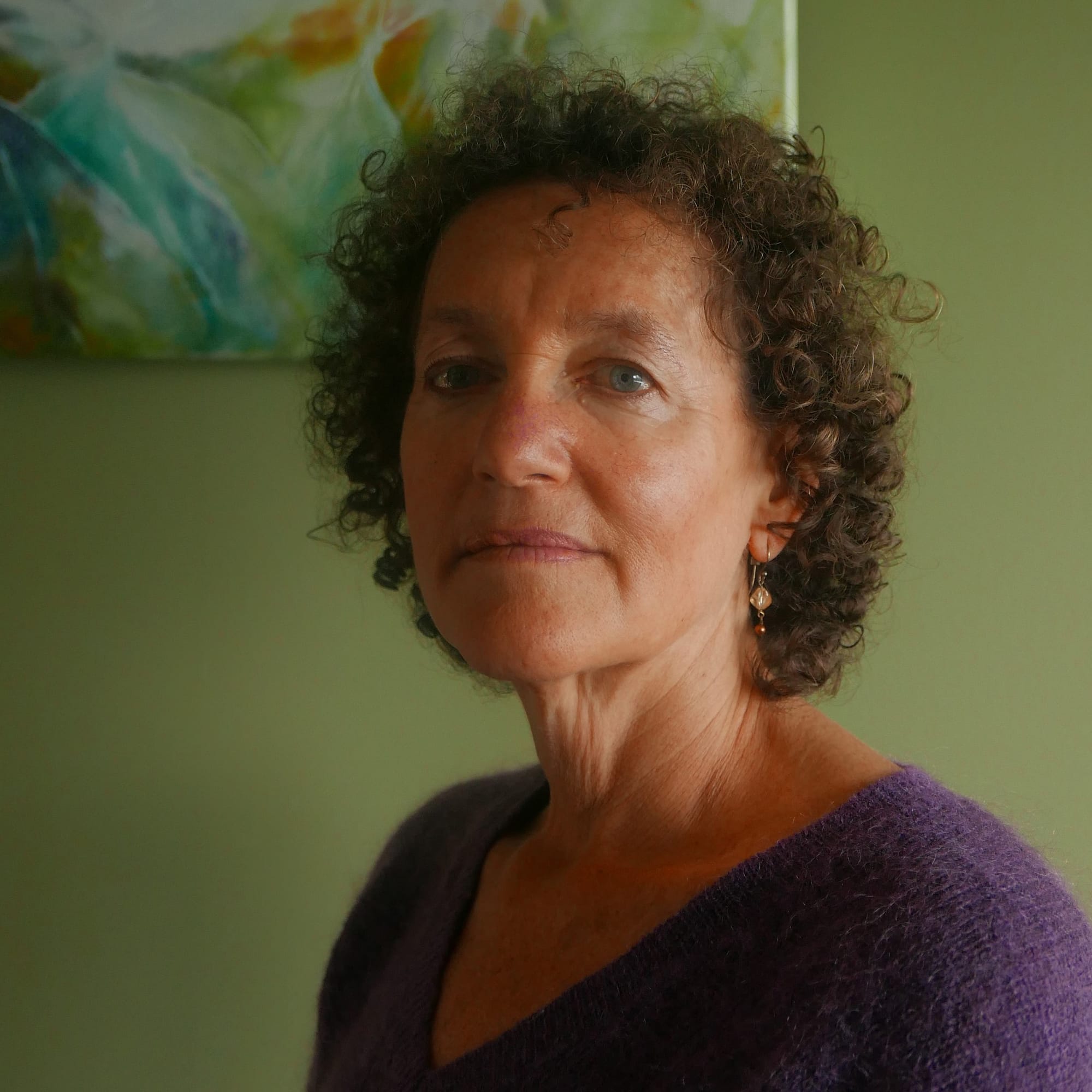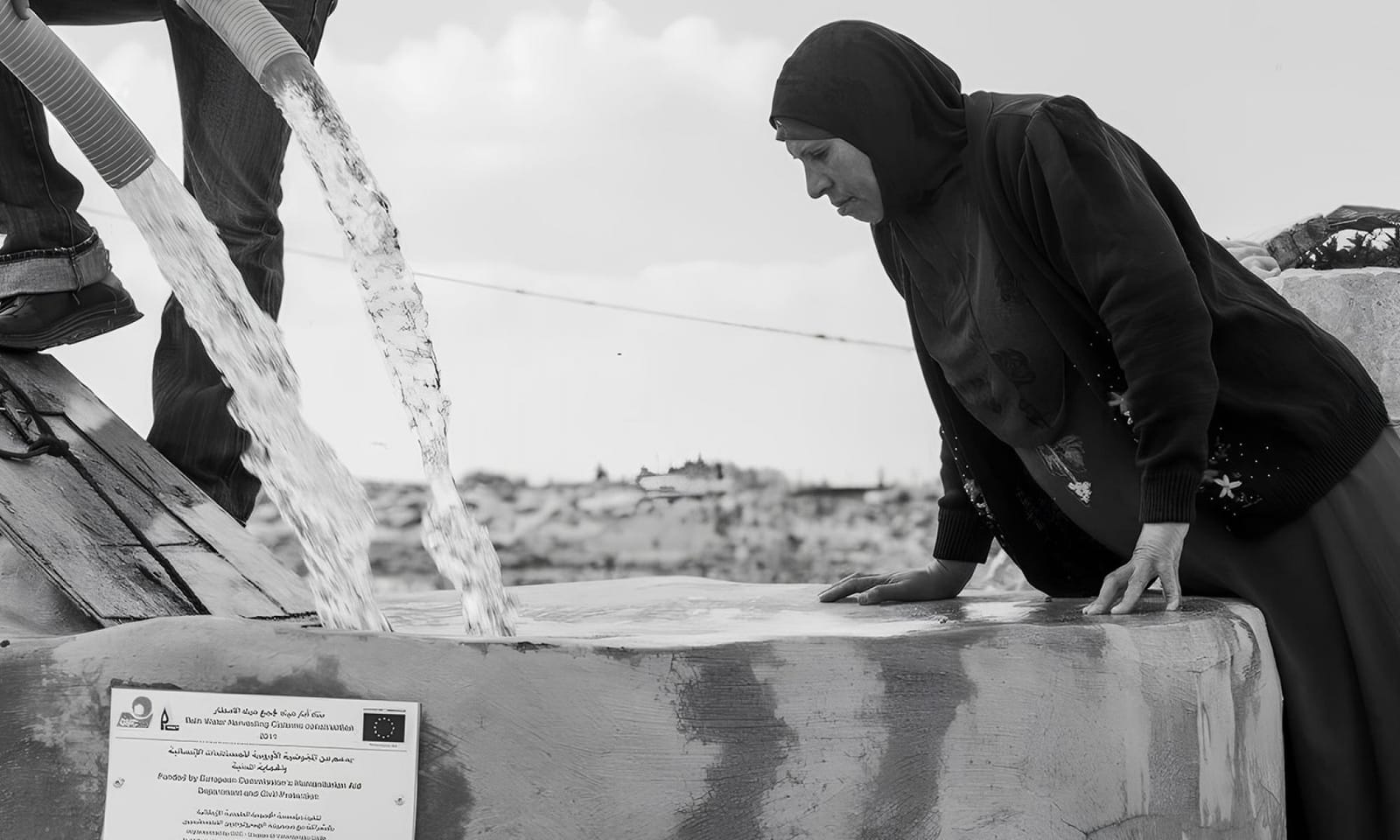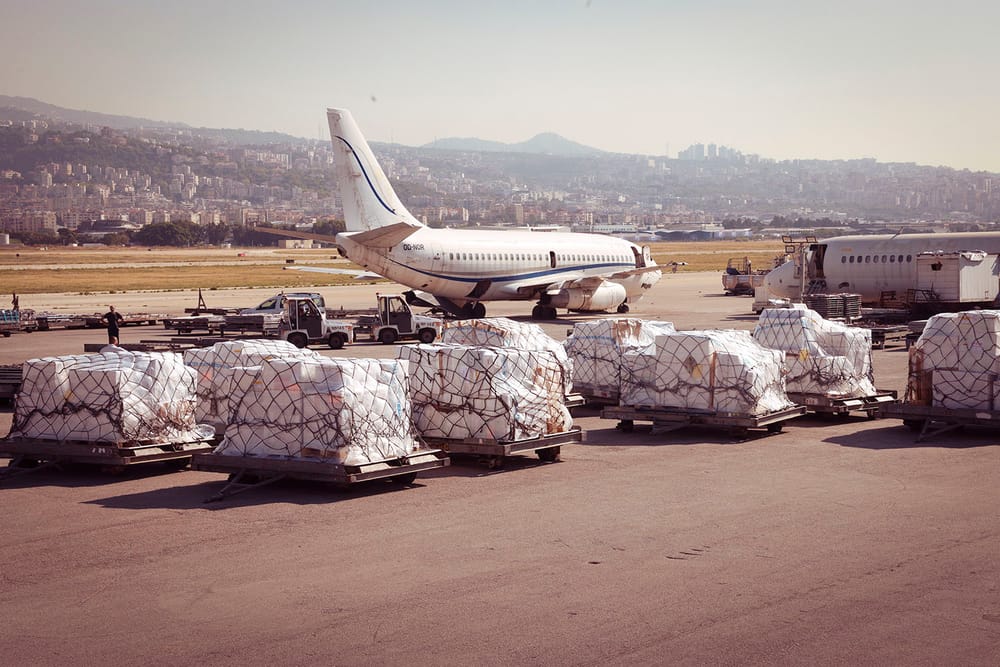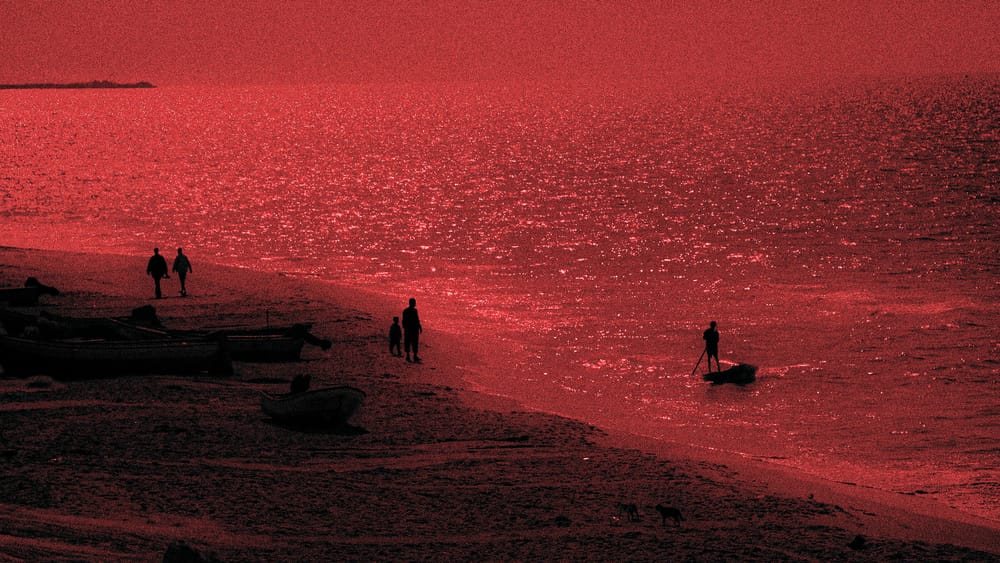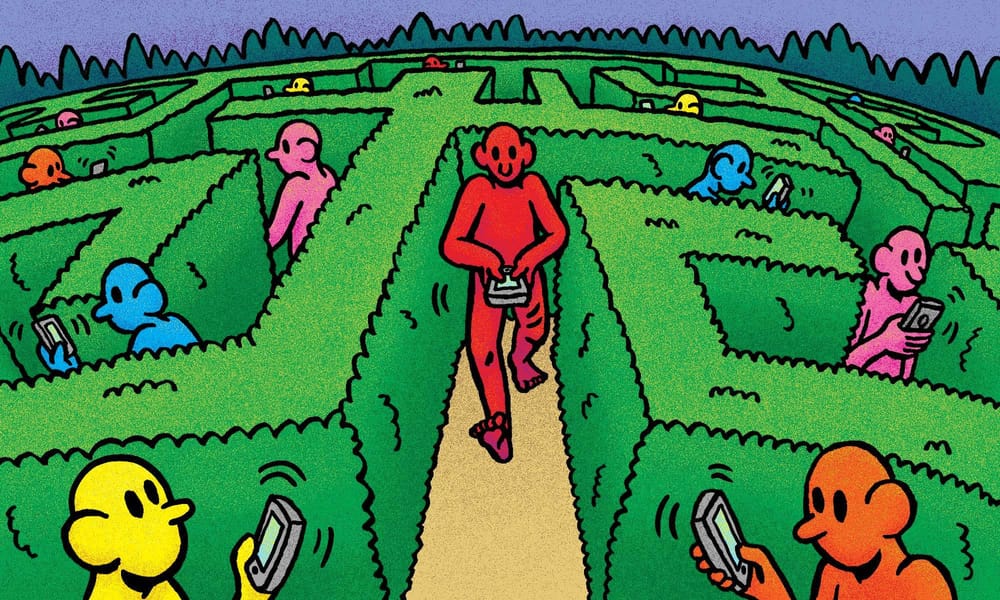This is the story of a world that might have been, or might be in the future if our governments would place the rights of human beings at the heart of their vision and policy. The Lovepost aims to go beyond problem description to explore solutions, and this story asks how human rights could shape a policy for Palestine. It was written before October 7.
Domestically, we debate how best to realise our rights. That humans have rights is generally accepted in national politics. The basic rights of people far away feel less susceptible to our influence. Those distant others depend on the authority that holds power over their lives to grant their rights. What can we do about the distant violations that we see? Do human rights offer a viable diplomatic path to make international change?
Aotearoa-New Zealand’s foreign policy record on human rights is mixed, including some egregious moments when Aotearoa followed its colonial allies onto the wrong side of history. For example, the Cambodian Khmer Rouge starved or killed up to a quarter of their own population in four years, before they were pushed from power in 1979. Aotearoa chose to recognise the Khmer Rouge genocidaires as Cambodia’s rightful representative in the United Nations (UN), and joined a western aid embargo of Cambodia’s desperate survivors for twelve long years from 1979 to 1991.
In the first year of the aid embargo alone, Counting Civilian Casualties estimates that an additional 300,000 Cambodians died from famine. In the first three years of the embargo (the years characterised by famine as well as the withholding of food aid), 175 of every thousand Cambodian infants died without reaching the age of one year. Through the 1980s, Cambodia remained the world’s poorest nation.
Diplomatic correspondence and regional histories document that successive Aotearoa governments prioritised their own desire to demonstrate their reliability to allies over the needs of Cambodian genocide survivors. Aotearoa showed that it could be a faithful ally, and only revoked its recognition of the Khmer Rouge genocidaires after its more powerful allies had already done so.
That policy privileged power over human lives. Can foreign policy place rights at the centre of national concern and seek justice instead? This case study will ask how the right to water might be upheld and realised through foreign policy and government action in Palestine–Israel.
Every human being has a right to water
Insofar as human rights envision a dignified life for all people, they provide a vision in whose interest individuals and nations can act.
The right to water is one of a cluster of related rights. This study focuses on the right to water because it is essential to life. Access to water and other natural resources is also essential to economic survival, and many of the world’s resources are now stressed or diminishing because of climate change. Access to, or control of, resources already drives much conflict and migration. Therefore, a national policy of upholding the resource rights of distant peoples would have wide international relevance.
The word ‘water’ does not appear in the Universal Declaration of Human Rights; however its essential nature implies that water is part of the human right to life. UN Water, which coordinates all of the United Nations’ work on water and sanitation, explains:
Access to water and sanitation are recognized by the United Nations as human rights – fundamental to everyone’s health, dignity and prosperity . . . The right to water entitles everyone to have access to sufficient, safe, acceptable, physically accessible, and affordable water for personal and domestic use . . .
All people are entitled to water and sanitation without discrimination. Marginalized groups – women, children, refugees, indigenous peoples, disabled people and many others – are often overlooked by, and sometimes face active discrimination from, those planning and governing water and sanitation improvements and services, and other service users.
This explanation introduces the role of power in human rights: a governing authority is obliged to make water accessible to everyone without discrimination. Rights cannot make water appear in the desert, but rights do oblige governing authorities to ensure that the available water is accessible to everyone under their authority.
Further, because water is a part of the human right to life, the theft of water or violation of water rights in conflict is a war crime, as has been recorded repeatedly in international conventions and statutes since 1907 (for a list, see footnote #1 of The Right to Water and the War Crime of Pillage).
This case study queries the right to water of Palestinians who live in territories occupied by Israel for 75 years[1]. It does not tell the history of the occupation. The UN’s brief history can be found here, a photo history here, and analysis can be found in Amnesty International’s summaries and reporting. However, for the purpose of this study, it is important to state that Israel’s occupation of Palestine has repeatedly been found illegal. A current report to the United Nations Commission on Human Rights affirms this:
...the inherent illegality of the Israeli occupation of the Palestinian territory, including East Jerusalem. The Israeli occupation is illegal because it has proven not to be temporary, is deliberately administered against the best interests of the occupied population and has resulted in the annexation of occupied territory, breaching most obligations imposed on the occupying Power. Its illegality also stems from its systematic violation of at least three peremptory norms of international law: the prohibition on the acquisition of territory through the use of force; the prohibition on imposing regimes of alien subjugation, domination and exploitation, including racial discrimination and apartheid; and the obligation of States to respect the right of peoples to self-determination. By the same token, Israeli occupation constitutes an unjustified use of force and an act of aggression. Such an occupation is unequivocally prohibited under international law and contrary to the values, purposes and principles of the United Nations as enshrined in its Charter. (para 10)
UN member states are obligated to seek to end an illegal occupation.
The facts of water access in occupied Palestine
A rights-based perspective understands Palestinians’ right to water as part of a cluster of human rights whose violation has risen to a severity that obliges international action. To explore that perspective, it is first necessary to establish that Palestinians’ right to water is being violated.
While 20 litres of water per day will sustain human life in emergencies, the World Health Organisation recommends that each person should have a minimum of 100 litres of water per day for consumption, sanitation and other uses.
Palestinians living in the occupied West Bank consume 82.4 litres per day. Only 36 percent have daily running water. Roughly 100,000 Palestinians are not connected to the water grid at all, consuming a scant, life-sustaining 26 litres of water each day.
In 2020, the average daily per capita water consumption and use in Gaza was 88 liters—a level heavily dependent upon humanitarian distributions. Gaza’s water crisis is also qualitative: 97 percent of Gaza’s water supply is contaminated and 12 percent “of the deaths of young children and infants are linked to intestinal diseases related to contaminated water.”
Israel’s May 2021 bombardment of Gaza targeted infrastructure including water and sanitation, leaving only one in five Gazans with access to running water of any quality. Israel has since “prevented the entry into Gaza of items needed urgently for maintenance and improvement of Gaza’s water and sewage systems, exacerbating the risk of [societal] collapse.”
Israelis consume 247 litres of water per day per capita, including water lost in delivery or consumed in commercial and office settings.
Human rights envision the problem and solution
The work of Nobel Prize-winning Indian economist Amartya Sen helps to cast this dramatic disparity as a political rather than a natural event.
Through successive writings in the late 20th century, Sen established that famine is not generally caused by an absence of food. Usually, it is caused by reducing the entitlement of some group(s) of people to the existing food. Either those people are devalued by politics or authoritarianism, or they are prevented from obtaining the money needed to purchase food.
Sen shifted the cause of famine from nature into the intentional sphere of politics: a choice has been made to deprive some people. Human rights state clearly that no person should be deprived of the food they need to live. In that way, rights speak to structures of deprivation.
Similarly, the region of Palestine-Israel does not absolutely lack water, although its water is not abundant. The problem is political: Palestinians and Israelis are permitted grossly unequal access to the water that exists. Much of that water exists on or under Palestinian land. Palestinian deprivation of water is inextricable from Palestinians’ lack of autonomy over the water on Palestinian, illegally occupied, land.
For years, human rights organisations have been drawing attention to the complex of regulation, violence and politics which perpetuates this systemic inequality as a feature of the occupation. B’Tselem, Israel’s leading human rights agency, calls it “Israel’s policy of water deprivation”, emphasising its intentional nature.
Israelis living illegally in settlements on Palestinian land in the West Bank numbered 650,000 in 2016. They were provided six times more water than the 2.8 million West Bank Palestinians on whose land the settlements had been built. One-fifth of the (settler) population received six times the Indigenous water allocation. That is policy, not nature. Palestinians are being systematically deprived of access to the water that is available and necessary for them to lead healthy lives.
Humanitarian agencies now respond to this deprivation by delivering water to Gaza in particular. Water trucks are an essential, life-saving intervention but they are not a solution. Political deprivation will not be resolved at the margins by trucking more bottled water to a community that is being systematically deprived of access to its life-sustaining water resources.
The solution will be one in which all people can realise their rights. How do rights describe that solution?
The United Nations employs a Special Rapporteur on the situation of human rights in the Palestinian territories occupied since 1967 (SR). The SR’s mandate is explained here. SRs serve unpaid for six years, monitoring and reporting on their issue to the UN and its member states. They have no power beyond persuasion, but they do enjoy an exceptional overview and diplomatic, organisational and grassroots networks. The current SR is Francesca Albanese, an Italian lawyer, scholar and senior advisor on migration and forced displacement for the think tank Arab Renaissance for Democracy and Development. Albanese dedicated her first semi-annual report to envisioning the rights-led path to a resolution of Israel’s occupation of Palestine. She placed the right of self-determination front and centre, as a pre-condition for realising the full set of Palestinian rights:
The right to self-determination constitutes the collective right par excellence, and the ‘platform right’ necessary for the realization of many other rights. If a population grouping is not free to ‘determine their political status and… pursue their economic, social and cultural development’ as a people, other rights will almost certainly not be realized. (para 15)
Self-determination is a pre-condition, rather than a political conclusion about whether Israelis and Palestinians should form one or two states. Self-determination shifts the issue from configuring a new map (eventually, maybe) to decolonising an oppressed nation (which can begin now). The governing authority of a self-determining Palestinian nation would inherit the responsibility of providing universal access to water. While Palestinians remain an occupied and colonised people, Palestine’s authorities have neither the power nor the capacity to fulfil that right.
To put it simply, a rights-driven foreign policy on Palestine would be one that requires and works toward the realisation of Palestinians’ collective, foundational right to self-determination.
Aotearoa’s policy
Surely Aotearoa is well-placed to recognise the rights of Indigenous peoples to resources and to support a decolonising solution.
What is Aotearoa’s current policy? Both the Ministry of Foreign Affairs and Foreign Minister Nanaia Mahuta regularly state that Aotearoa supports a two-state solution on the map. Yet Aotearoa recognises only Israel, one of those two states, while three-quarters of the UN member states also recognise Palestine as a fellow state whose participation is indispensable to the process of resolving the occupation.
Former UN Secretary-General Ban Ki Moon is prominent among the many authoritative voices calling on countries to acknowledge cause, law and responsibility when they formulate Palestine policy:
This is not a conflict between equals . . . a powerful state is controlling another people through an open-ended occupation, settling its own people on the land in violation of international law and enforcing a legal regime of institutionalised discrimination. What has become increasingly clear in recent years is Israel’s intent to maintain its structural domination and oppression of the Palestinian people through indefinite occupation . . . a situation that arguably constitutes apartheid. It is now time for the international community to recognise and confront the consequences of Israel’s policies and actions in this regard.
Compare that with the hands-off language of New Zealand’s Foreign Minister, Honourable Nanaia Mahuta, writing in correspondence on December 14, 2020:
New Zealand has a warm relationship with the Palestinian Authority, but our policy to date has been one of non-recognition of Palestine, on the basis that it lacks sufficient control of its territory to constitute a state . . . New Zealand will continue to pursue a principled and balanced approach to the Middle East Peace Process including support for a two-state solution to the Israeli-Palestinian conflict.
That policy does not see the power disparities inherent in occupation, nor the rights nor the urgent need to protect people who are powerless. That policy does not act on acknowledged illegalities or harm. In short, that policy concedes everything to the prevailing powers and envisions nothing of rights or justice.
A rights-led foreign policy does not ask Aotearoa to draw other people’s maps or configure their local administration. Rather, the role of states is to refuse to normalise the severe and avoidable violation of rights which results from exercising illegal power. In order to demand change, a rights-led policy would refrain from relating normally to entities which are committing gross violations of rights. Recognising that Palestine and Israel inhabit different roles (occupied and occupier) with different responsibilities and tools at their disposal, a rights-led policy would seek to influence those with the power and capacity to make change happen.
The international rights toolkit
Thus far, human rights have helped to define Palestinians’ deprivation and mobilise individual and national concern. They will eventually help to evaluate possible solutions, by asking if the right to water can be realised within those solutions.
However, rights do not offer the mechanism to make international change. Lacking international legal enforcement, rights direct people and states to other tools that influence what they cannot control. Those tools include formal treaties and legal sanctions; informal interactions like trade, visas and other preferential treatments; cultural exchanges and all the aspects of participation in the international community. All the benefits that states gain from international relations can be leveraged when states flagrantly violate the standards of international agreements. That also includes boycotts, as Aotearoa has been boycotting some interactions with Russia since its illegal aggression against Ukraine.
Such actions are more than nice gestures. The rights of strangers can create legal obligations for governments through law, treaty or convention. Although distant governments have no enforcement capacity—there are no international human rights police—states may still be obliged to try to influence a fellow state which is committing serious human rights violations. What are those obligations and how are they triggered?
From 2016 to 2022, Canadian (retired) associate professor of law S. Michael Lynk held the SR post. He wrote three reports on the subject of international accountability—the obligations of other states to uphold Palestinian rights—in October 2019, 2020 and 2021. The following excerpts summarise his 2019 findings, which can be read in full here.
The report is not specific to water rights, but the right to water is inextricable from other rights. The right to water will be realised as part of a solution to the occupation which systematically denies Palestinians access to water.
Lynk found three separate sources of obligation for a state “to marshal its political authority to compel Israel to completely end its illegal occupation and to remove its barriers to the fulfilment of Palestinian self-determination.” (para 33)
The best-known source is the Geneva Conventions. Their “quasi-constitutional nature” implies a “solemn obligation” upon states to “take all steps within their capacity to insist that other states meet their obligations under international humanitarian law.” (para 36) These are “lawful obligations rather than moral sentiments”. (para 42)
International intervention is obliged where extensive and “grave breaches have been either substantively alleged or actually established [as they have been] during Israel’s conduct of the occupation.” (para 40)
Israel has occupied the Palestinian territory for more than 52 years, the longest belligerent occupation in the modern world . . . [T]he conduct of the Israeli occupation has been marked by numerous, intentional and serious violations of international law, including humanitarian and human rights law . . . the occupation itself has become illegal, given its flagrant violations of the foundational principles of the modern laws of occupation. (Para 58)
Both Lynk’s report (paras 72-74) and the International Humanitarian Law treaties database of the International Committee of the Red Cross (para 181) outline a clear, escalating regime of countermeasures.
If states took these meaningful countermeasures, Israel would very likely be responsive. Unlike the world’s ungoverned spaces, Israel’s responsible individuals are clearly identifiable. Israel’s economic prosperity and lifestyle are deeply enmeshed with its international relations. It could not go its own way as North Korea does.
And yet, despite the obligations and the tools available, nothing has changed. The 75-year occupation of Palestine continues. States have simply not mustered the political will to live up to their treaty obligations. Human rights have not failed to find a solution; they have not been tried.
Looking back
Lynk’s tumultuous six-year term as Special Rapporteur ended in May 2022. In conversation with The Lovepost, Lynk recalls that his reports on international accountability “were welcomed by civil society and ignored by states in the Global North . . . [Diplomats] were usually polite but defensive.”
When governments lack the will to act, it falls to civil society groups and individuals to lead their governments. The vision of rights can catalyse activism, demonstrating to governments that the rights of others are important to a significant number of voters.
There is greater awareness ([in] which my reports played a very small role) of the need to push foreign ministries and their political leaders to not simply say more, but to do more . . . [C]hange in [Israel/Palestine] will only come about through the work of international civil society. States in the Global North will not change . . . unless and until they are made to change because of pressure from below. And that won’t happen until civil society activists on [Israel/Palestine] do a better job of connecting to other struggles, such as Indigenous struggles, climate change and rights at work/trade unions.
Unlike many struggles for human rights in this world, the deprivation of Palestinian rights takes place in the full light of day. Palestinians inhabit what Lynk calls "the white darkness." She explains further:
The fact is that this is the best documented occupation/structured subjugation in history. The reporting work of regional and international civil society organizations and the United Nations agencies on the ground is simply top-drawer. No one has an excuse or reason for not knowing what is going on.
But this is far from the best-reported occupation/struggle in today’s world, where major media outlets in the Global North take their cues from the unwillingness of their states to take a meaningful and critical stance towards the subjugation of the Palestinians.
In conclusion, human rights offer the vision, while supporting treaties and law offer the mechanism to uphold the rights of distant others. Would a genuine human rights commitment bring the occupation of Palestine to a just end? No one knows, because such a commitment does not yet exist among states. That is a failure of will rather than a failure of rights, and it erodes the meaning of all of New Zealand’s international commitments. It falls to the citizens of each country to show their government that the vision of human rights is urgent and meaningful.
[1]The occupation is variously dated at 70+ and 50+ years. Israel has occupied certain Palestinian territories since its establishment in 1948. The mandate of the Special Rapporteur (whose reports are cited in this article) refers specifically to the West Bank, Gaza and East Jerusalem, which were occupied during the 1967 war–hence the shorter timeline.
Still curious? In May 2022, a few weeks after the end of his term as Special Rapporteur, Aotearoa organisations Justice for Palestine and Alternative Jewish Voices hosted Michael Lynk to reflect on the possibility of making law- and rights-led change. Watch Sunday Brunch With Michael Lynk.


